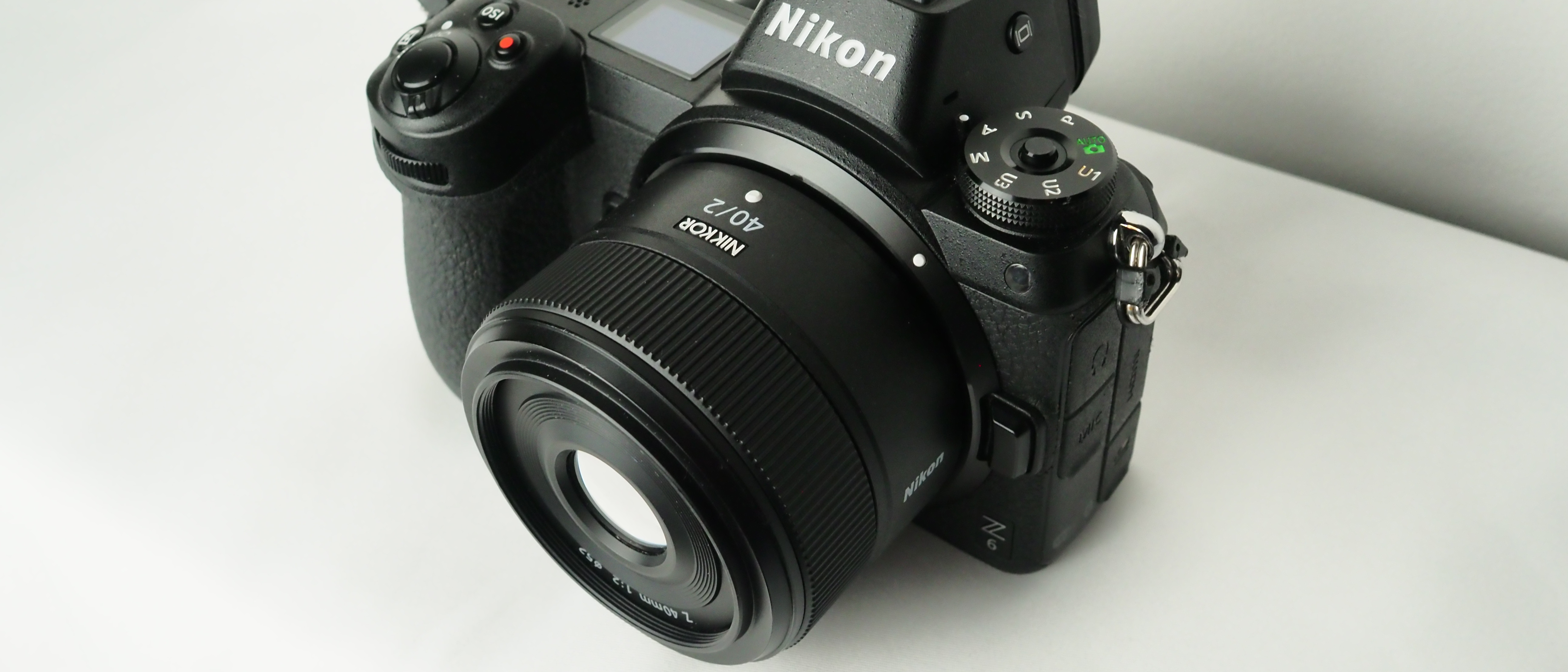TechRadar Verdict
Nikon's entry-level prime combines a pocket-friendly price and form factor with surprisingly good optical performance. The lens exhibits some idiosyncrasies with corner sharpness and coma but makes up for it with a robust lightweight build, great center sharpness, and rare splash resistance at this price point. If you want to round out your kit with a relatively bright prime that won't break the bank, the Nikon 40mm f/2 is a fantastic place to start.
Pros
- +
Superb value
- +
Impressive performance
- +
Splash and dust resistance
Cons
- -
Plastic mount and thread
- -
Some coma on extreme edges
- -
Soft at minimal focus distance
Why you can trust TechRadar
Two-minute review
Nikon's Nikkor Z 40mm f/2 is one of two lightweight, inexpensive prime lenses for the Z-mount - the other being the wider 28mm f/2.8.
At 40mm, it’s currently the closest match to the ‘nifty fifty’ lenses of old, aiming to provide a lightweight lens with a compact footprint, flexible focal length, and a relatively fast aperture. Above all, it’s cheap - really cheap for a proprietary lens sitting at just £259 / $289 /AU$310 new. Compared to the Nikon S 50mm f/1.8 or the S 35mm f/1.8, the 40mm comes in at under half the price while still offering some form of weather sealing and excellent performance.
Optically, this lens has a few idiosyncrasies - namely corner sharpness and coma - but the 40mm is innately usable in a wide range of situations. It’s wide enough for some landscapes and close enough for most portraits. Personally, I find the 40mm focal length more usable than 50mm for a walkabout lens - and f/2 is plenty outside of extreme situations.
Type: Prime
Sensor: Full-frame
Focal length: 40mm (60mm APS-C)
Max aperture: f/2
Minimum focus: 11.8in / 30cm
Filter size: 52mm
Dimensions: 2.8 x 1.8in / 70 x 45.5mm
Weight: 6oz / 170g
I tested on a full-frame Nikon Z6 but the lens is also compatible with the 'DX' APS-C Nikon Z-mount cameras. In this case, the focal length becomes 60mm. It’s getting into portrait lens territory for APS-C here although it would also be a good choice for a shy street photographer who wants some distance from their subject.
Nikon Z 40mm f/2: design
The Nikon Z 40mm f/2 features an entirely plastic build that feels well engineered and deceptively robust in the hand. Overall, it’s a solid and well put together lens but the plastic thread and mount do cheapen the overall feel somewhat. You’re never tricked into thinking this is a premium lens, even though its output is excellent.
The Nikon Z 40mm f/2 is, however, extremely light - weighing just 6oz / 170g. Pairing this lens up with my Nikon Z6 results in a package that weighs just over 21oz / 600g, which rivals crop sensor setups for sheer portability. While I’d never call this pairing ‘pocketable’, it’s a featherweight combination for a full-frame system and perfect for every day shooting.
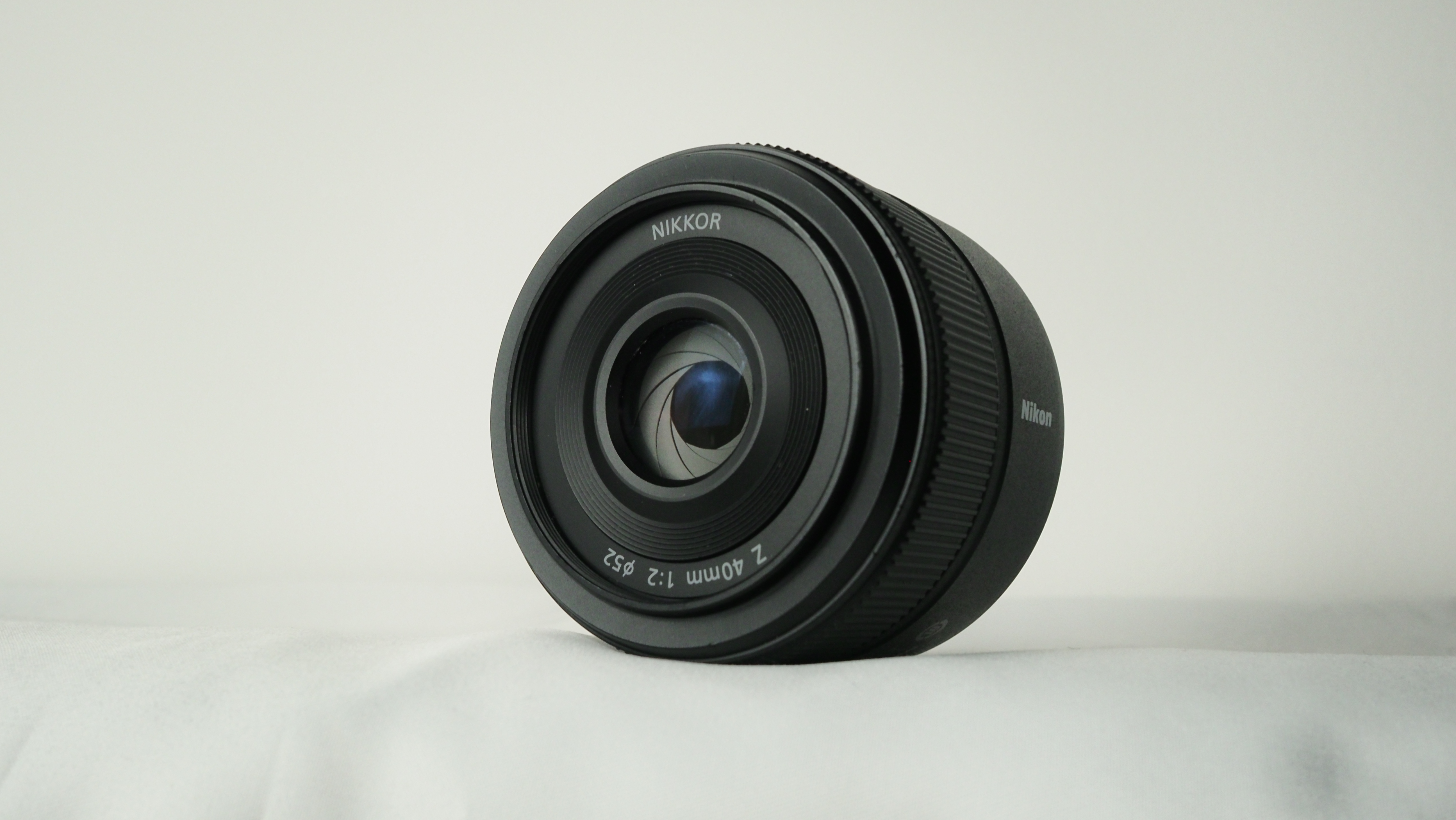
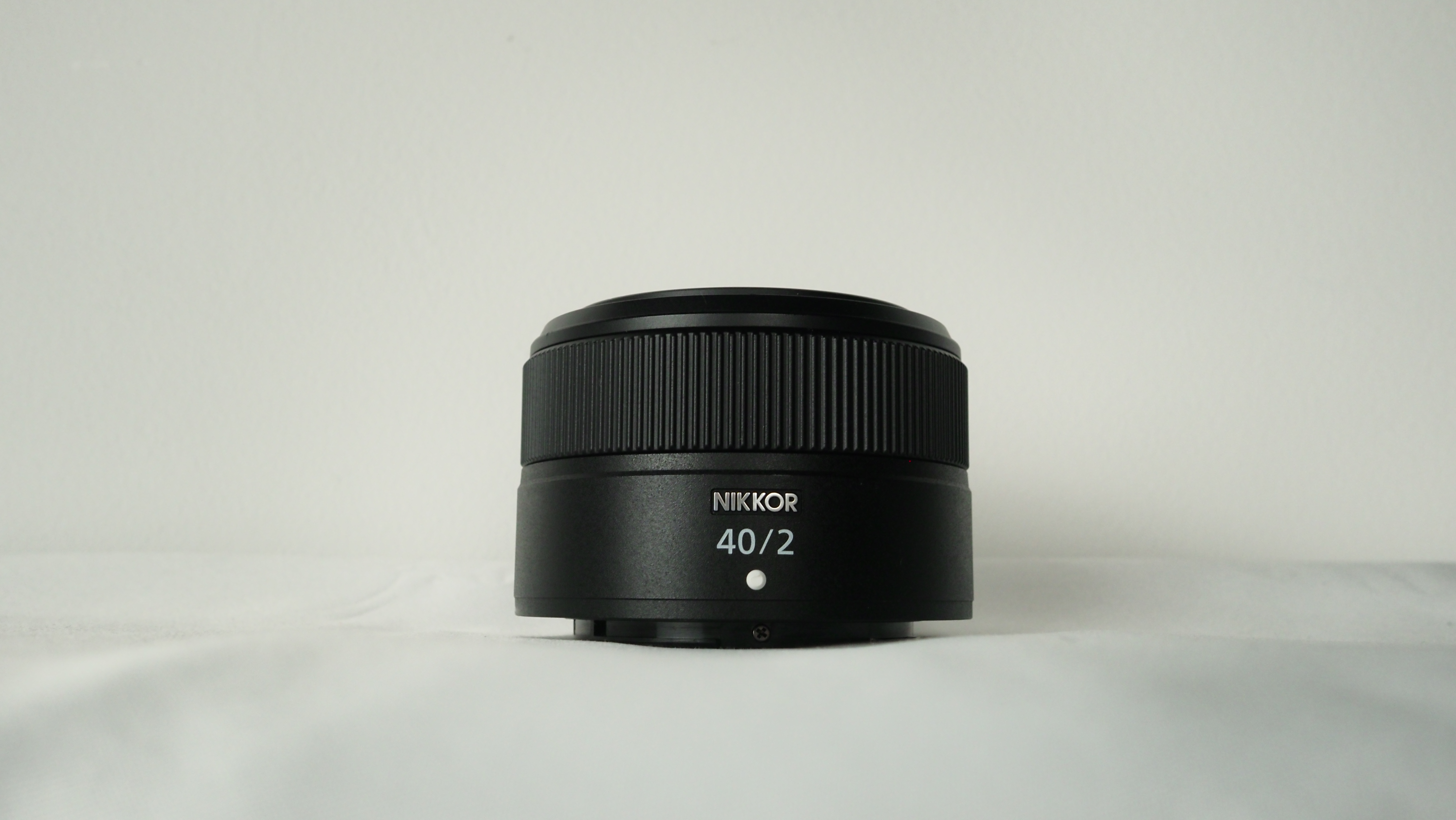
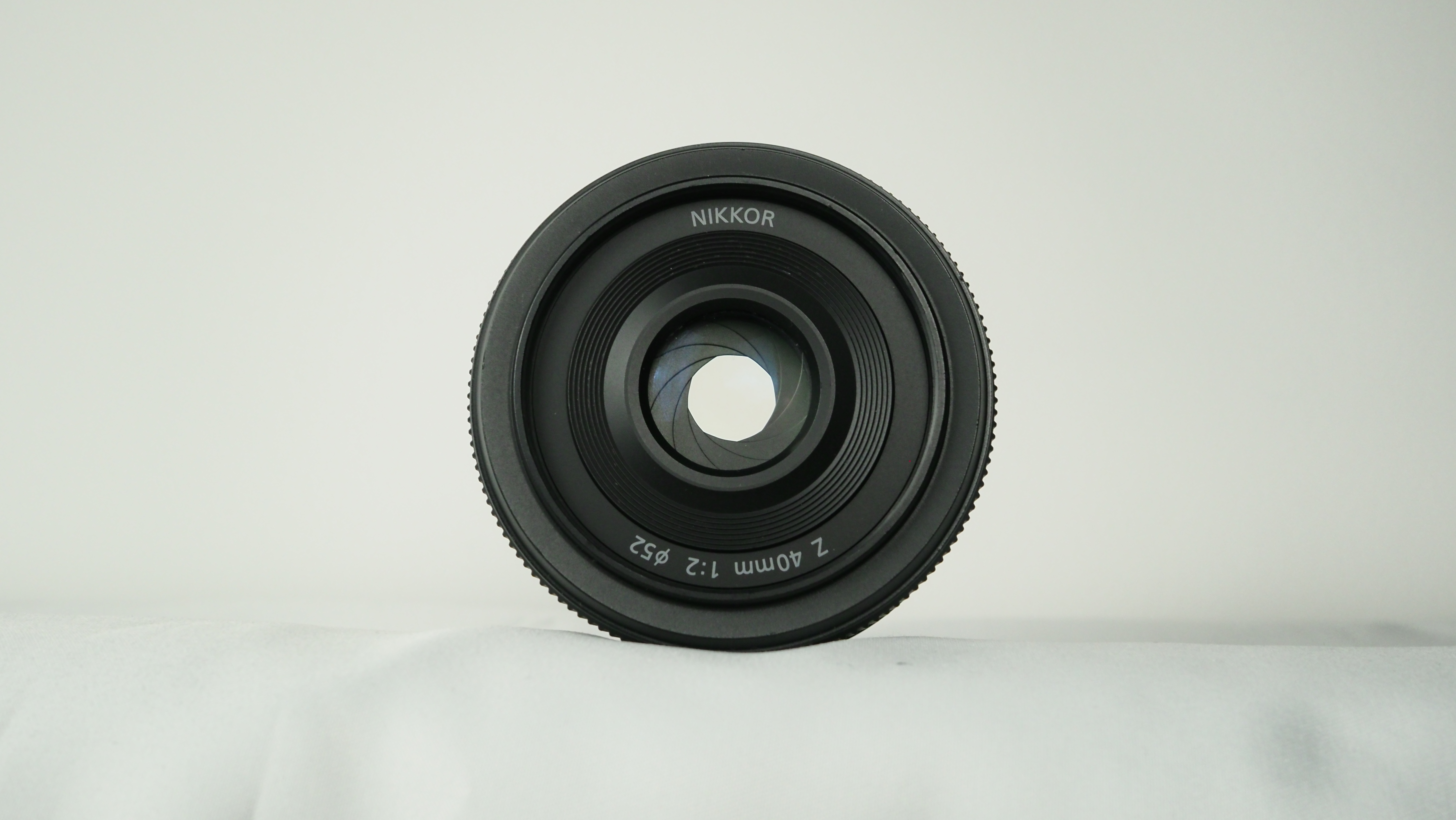
And, I have to say - the 40mm pairs nicely with the Z6’s relatively minimalist, being workmanlike in its design since there are no external AF switches, custom control rings, or any other kind of outward flare to speak of. I'd say it looks decent enough on one of Nikon’s more modern bodies. Is it boring? Maybe, but it doesn't look out of place.
Sign up for breaking news, reviews, opinion, top tech deals, and more.
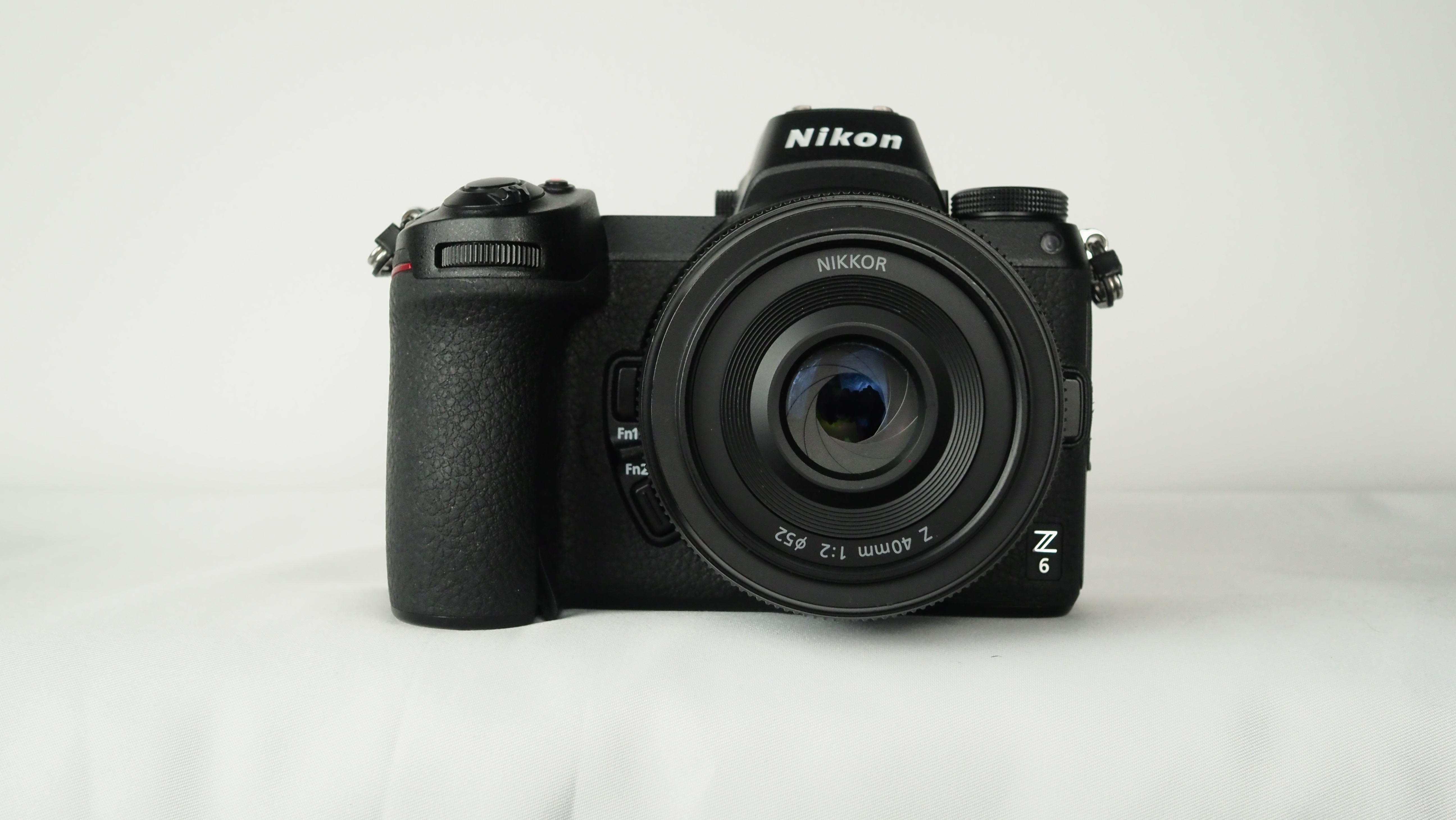
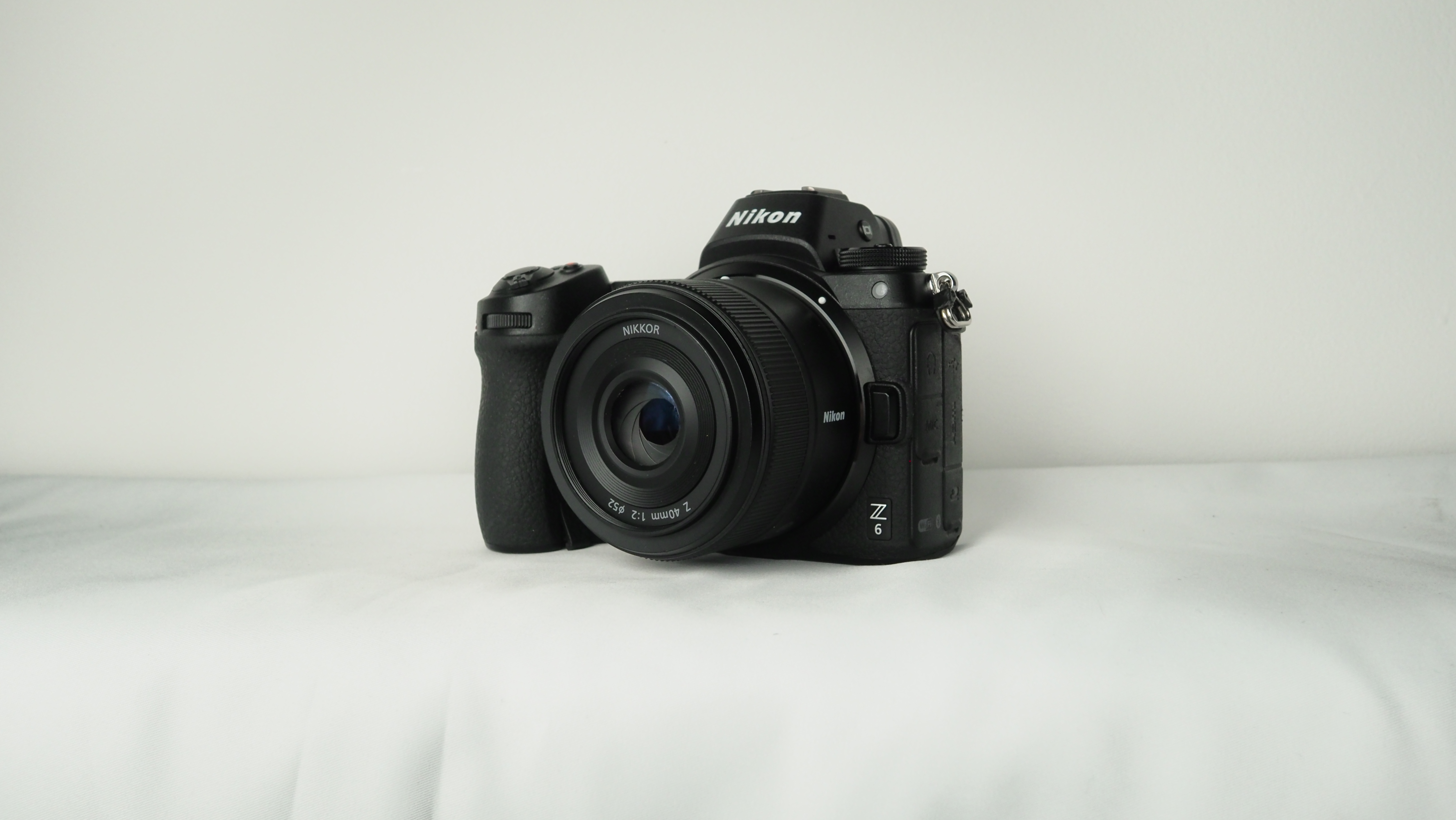
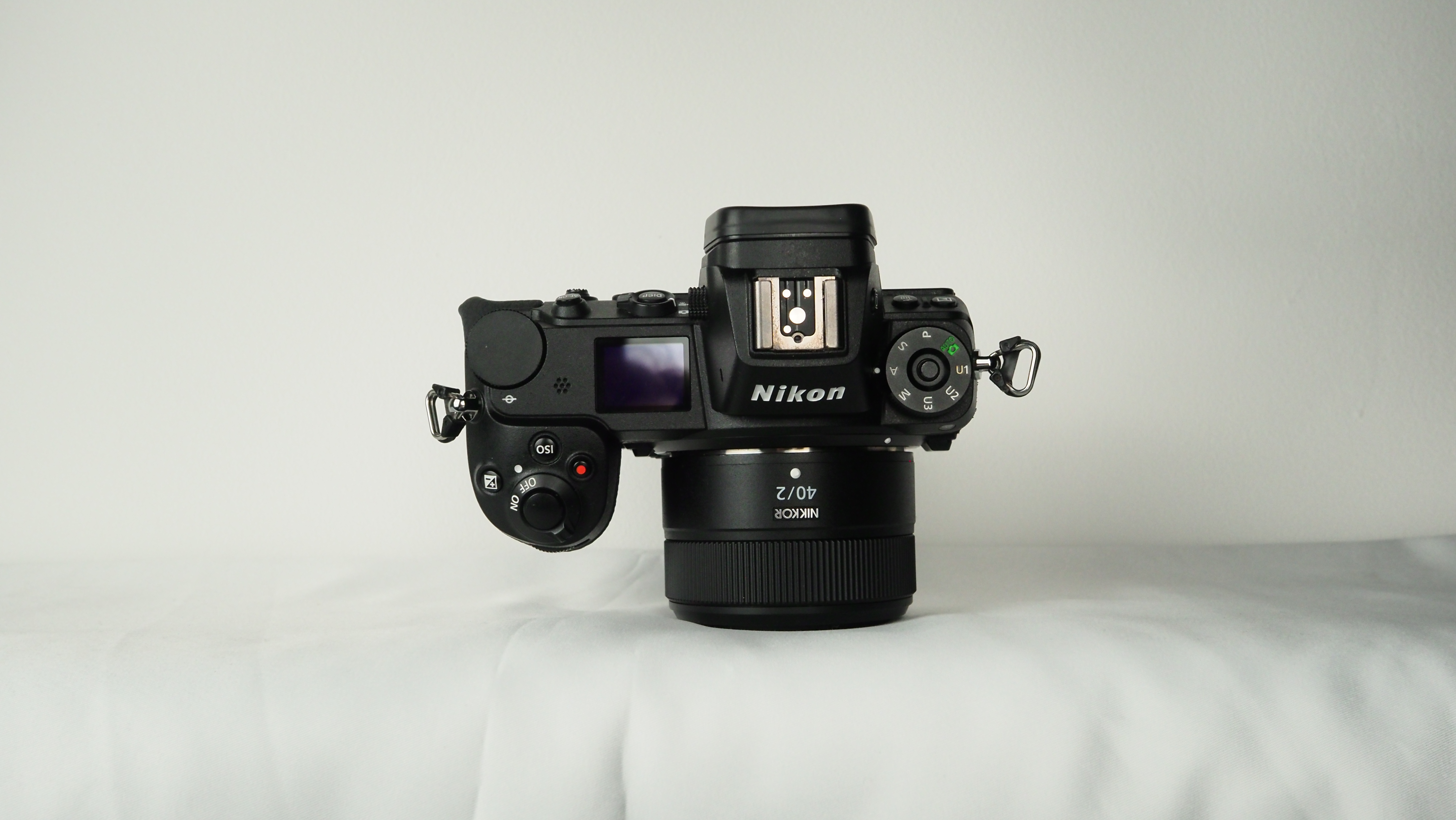
It’s worth noting here that the Nikon Z 40mm f/2 comes in two variations - the standard version that I tested and a more retro-themed ‘SE’ variant. If you're looking for a prime to pair up with the much more old-school-looking Nikon Zf or Nikon Zfc then you'll want to make sure you're checking out the SE for maximum retro effect.
Neither variant ships with a first-party lens hood but both are dust and drip-resistant, which is a major selling point for a lens this inexpensive. In recent years, third-party manufacturers (most notably Viltrox) have started to offer compelling budget alternatives to entry-level first-party lenses but weather sealing is one area where most are severely lacking. And, I can personally attest that the splash resistance of this lens is fantastic - having been soaked from head to toe on Dartmoor during field testing.
Nikon Z 40mm f/2: performance
Thanks to built-in lens corrections on Z-mount bodies, you'll get extremely good results out of camera with the 40mm. For the price, the lens is impressively sharp even at f/2 and exhibits minimal chromatic aberration or vignetting. Flare is also controlled - despite this lens likely not featuring Nikon’s higher-end coatings.
I’ve shot thousands of images with the 40mm and I’ve come to appreciate how it renders a scene. I've read some describe this lens as 'classic' in character and while its sharpness is certainly more akin to a modern lens, colors certainly do pop under the right circumstances. Bokeh-wise, the 40mm is also relatively circular/puffy in the center but becomes less bloomier and more defined around the edges.
As with most lenses, the sharpness sweet spot for the 40mm is around f/5 to f/8 but even at these optimal apertures the 40mm is notably sharpest in the centre. Depending on what you're shooting the 40mm will exhibit some softness at the extreme corners - as with this sample image of a dock leaf taken at f/5.6.


Despite having a minimum focus distance of 11.8in / 30cm the lens is also quite soft when close focusing. You can narrow down the aperture for more sharpness but you’ll miss out on that creamy DoF (depth of field) up close, which means the 40mm can suffer for specialized applications like floral photography. Just below you can see a specific example of a flower taken at around a foot distance, where the focus point was set directly on the central bud.
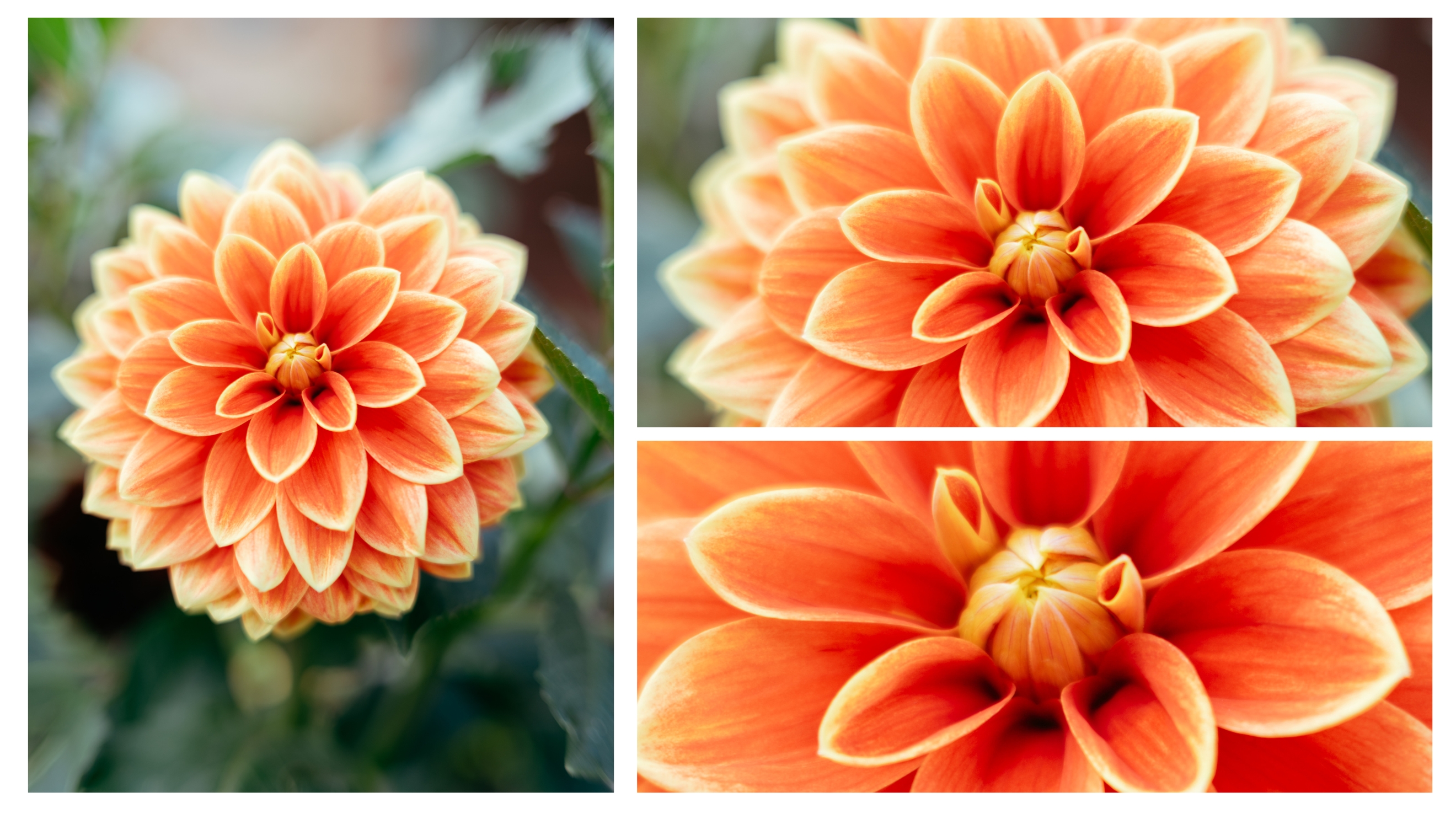
The 40mm also exhibits some coma, which can result in noticeably smeared lights during night photography towards the extreme edges of the frame. In real-life testing, I found this to be an incredibly minor issue that only cropped up on a few niche cases such as the attached scene just below. Astrophotographers will likely skip this lens over in favor of the wider (and similarly priced) 28mm but note that this lens does feature some astigmatism if you're deadset on edge-to-edge clarity.
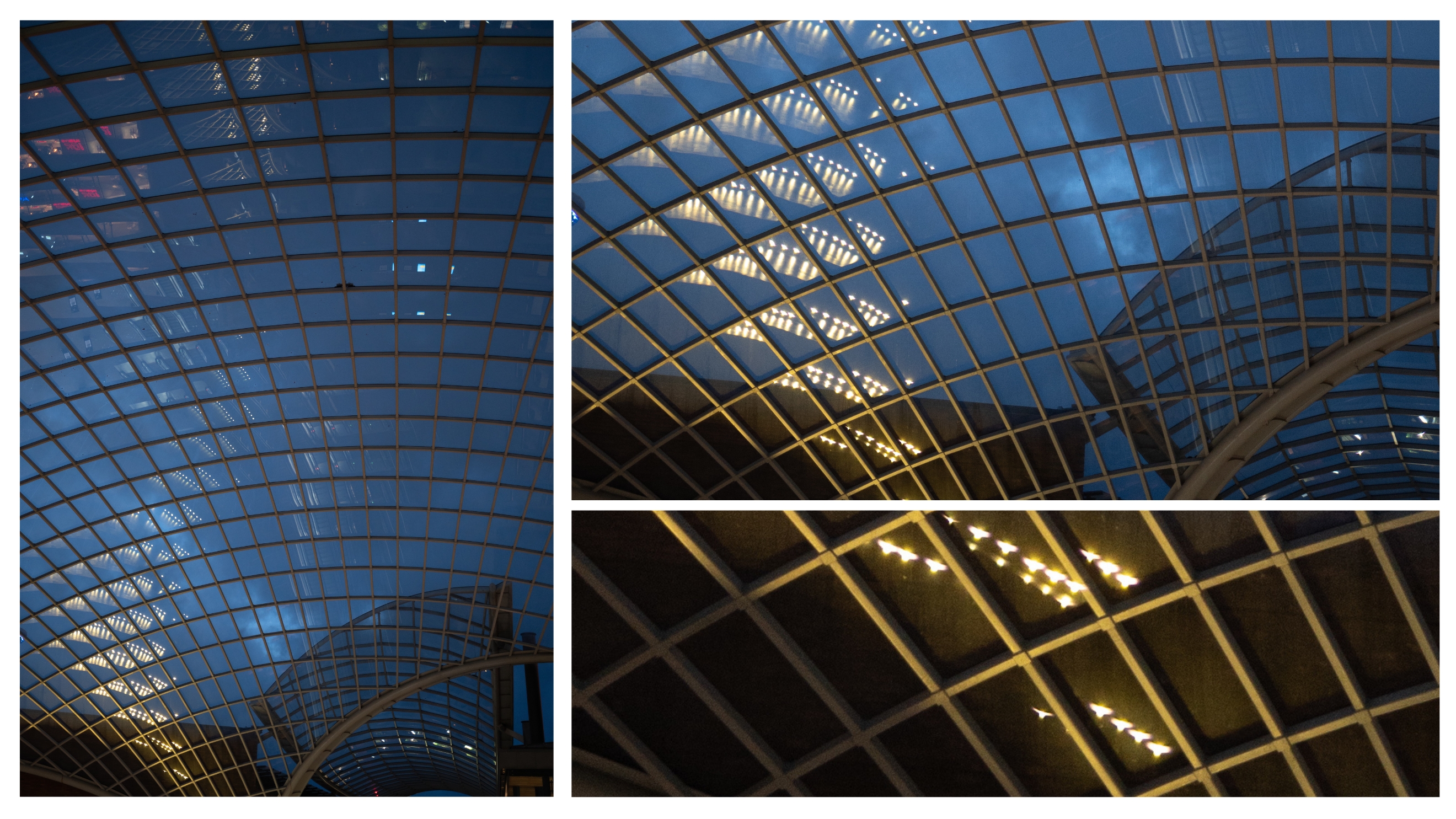
That’s where my criticisms end, however. In practical use the 40mm performs admirably. Autofocus is extremely quick and minimal focus breathing means this is a versatile lens that can also handle video. Note, however, that my lens has a slight whirring sound when focusing - an absolute non-issue for me as a photographer but videographers may notice. I wouldn't rule out copy variation here since it's not a widely reported issue, though.
Nikon Z 40mm f/2: sample images
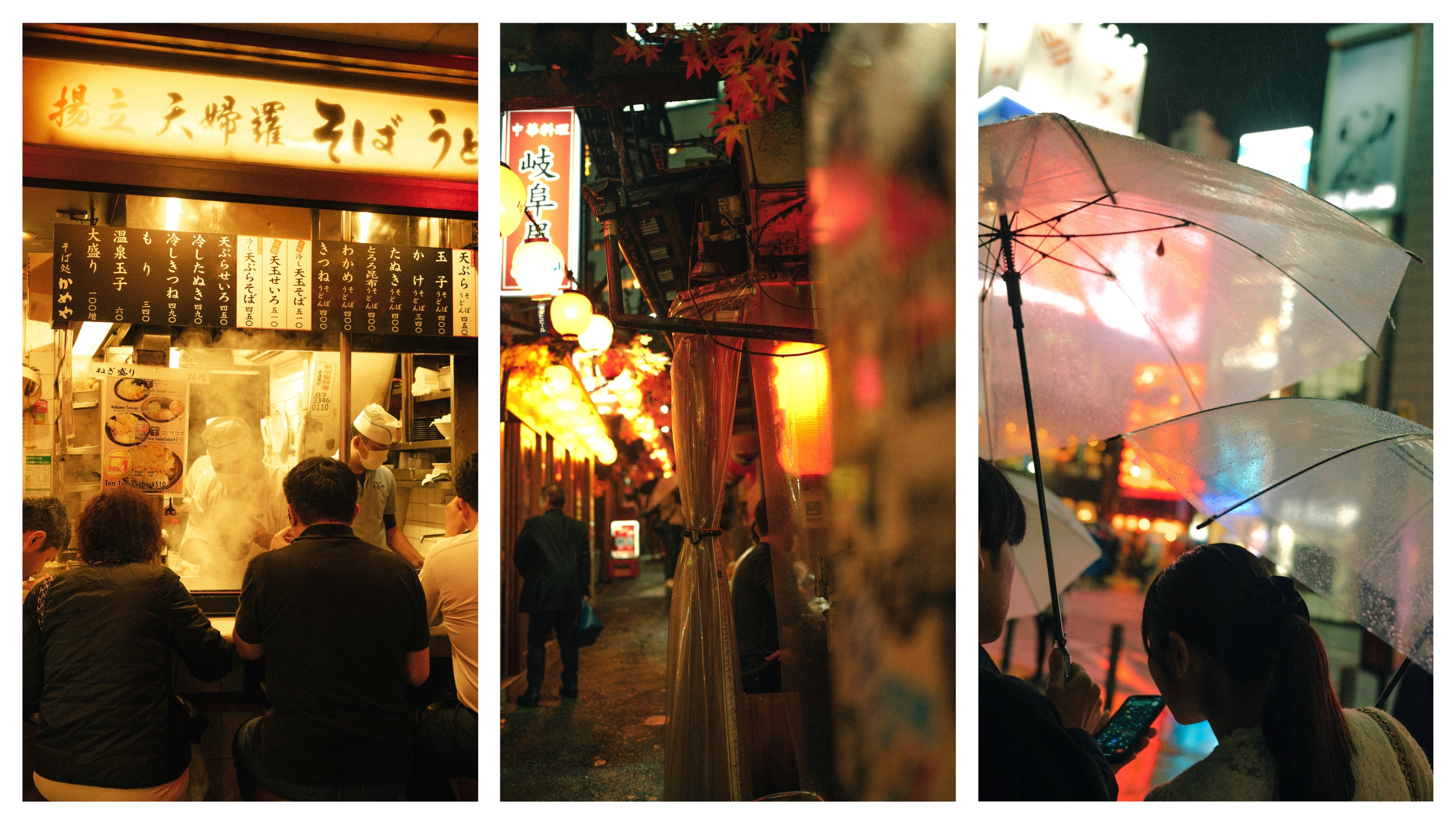
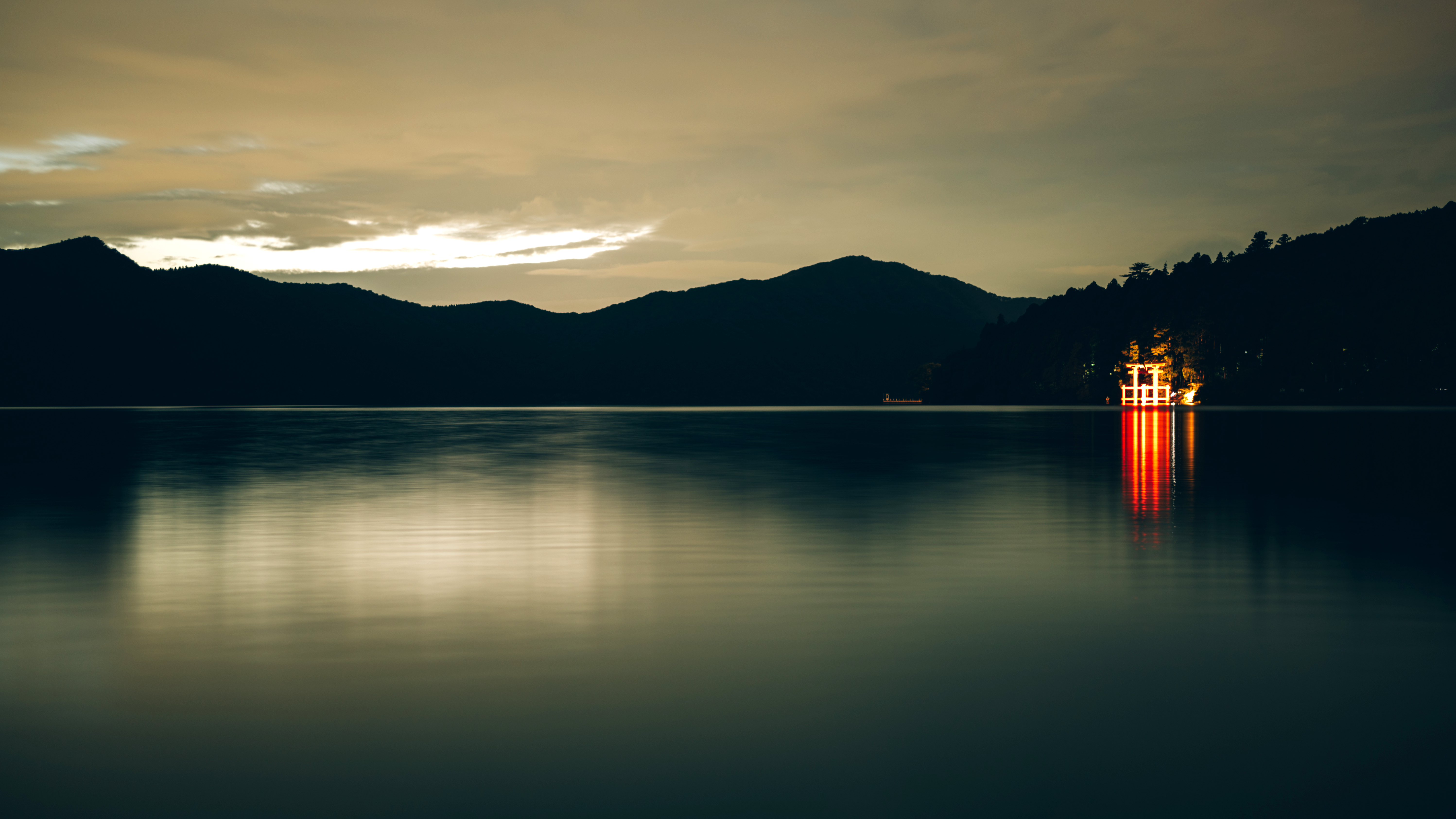



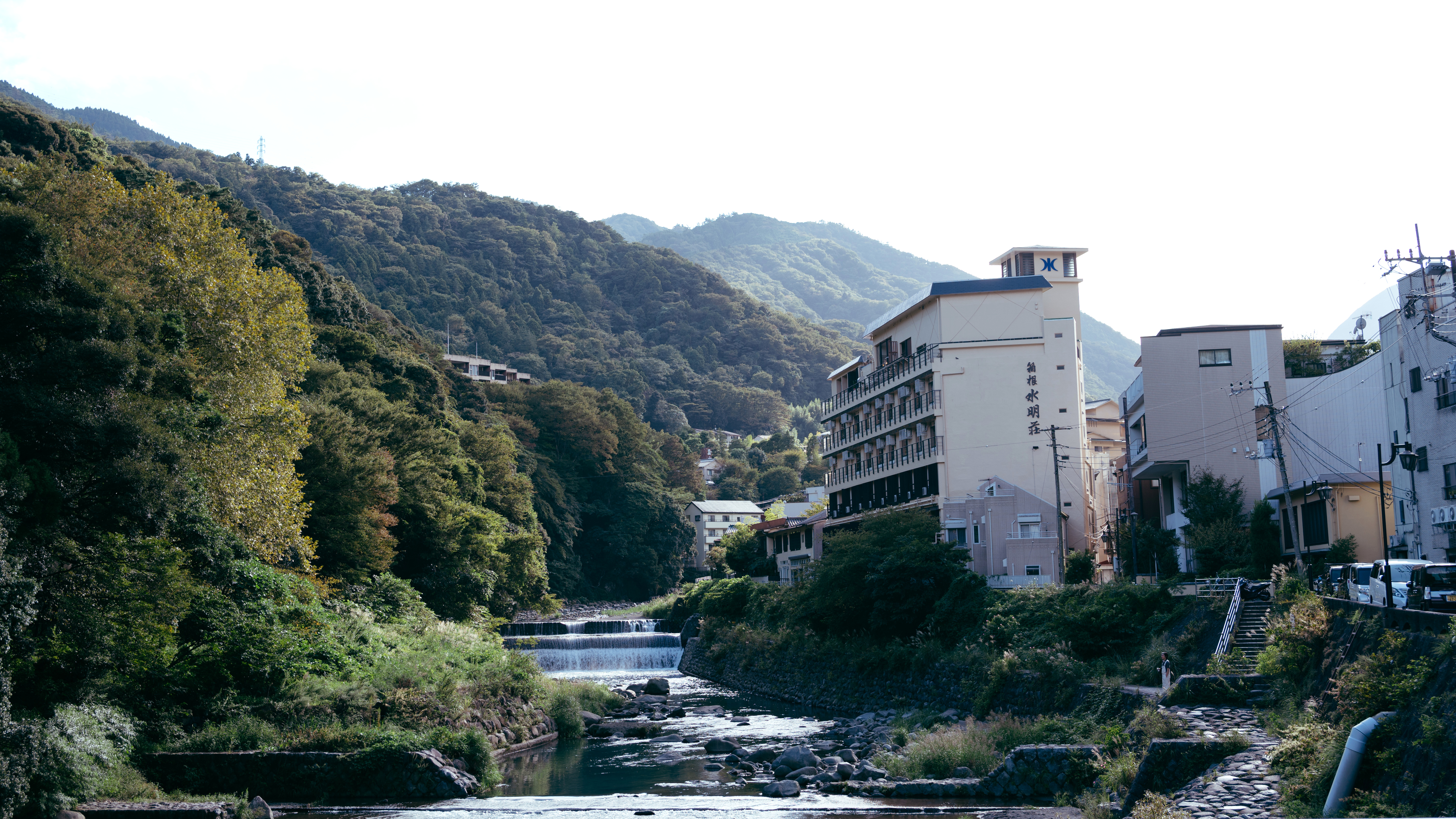
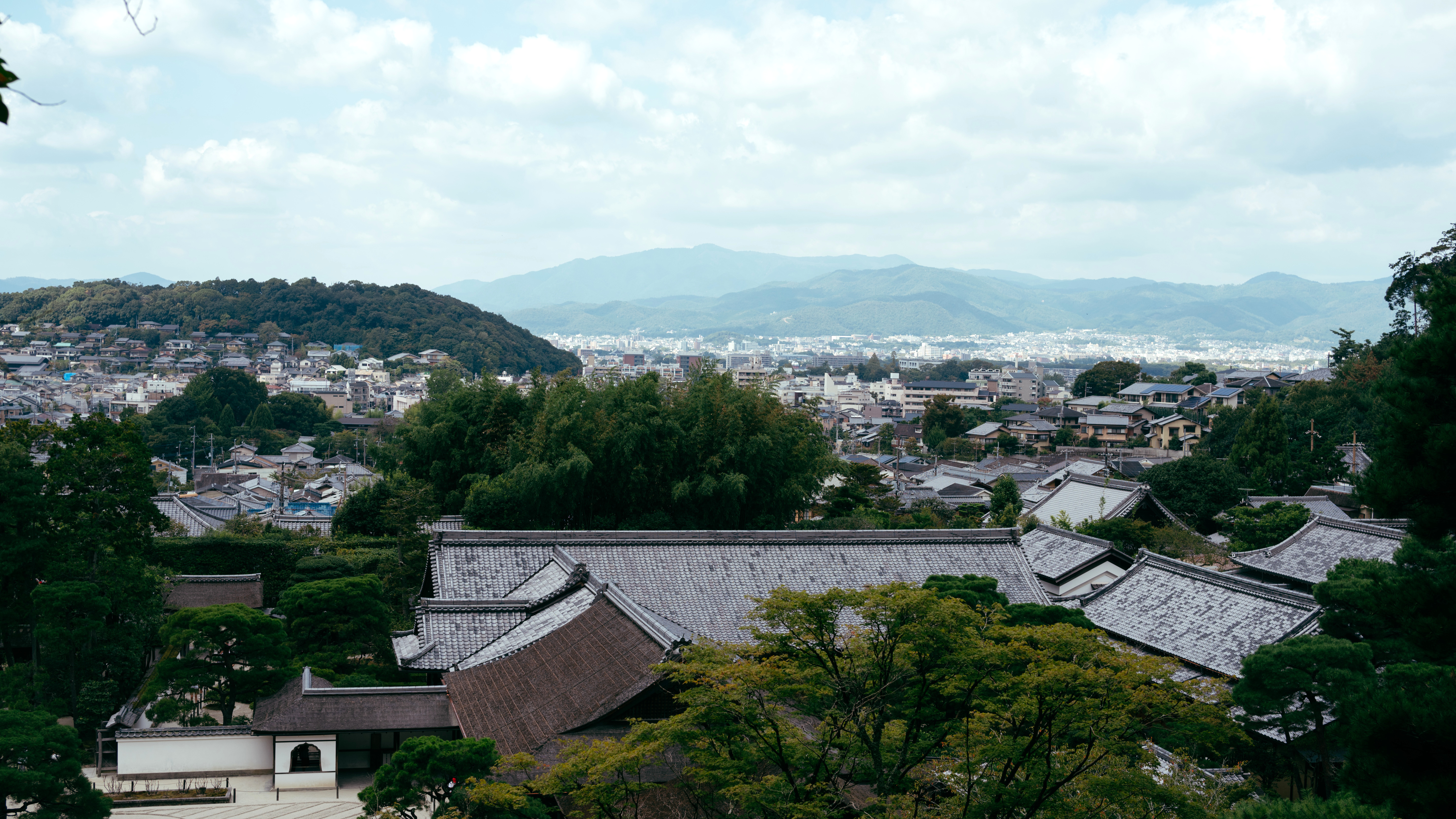
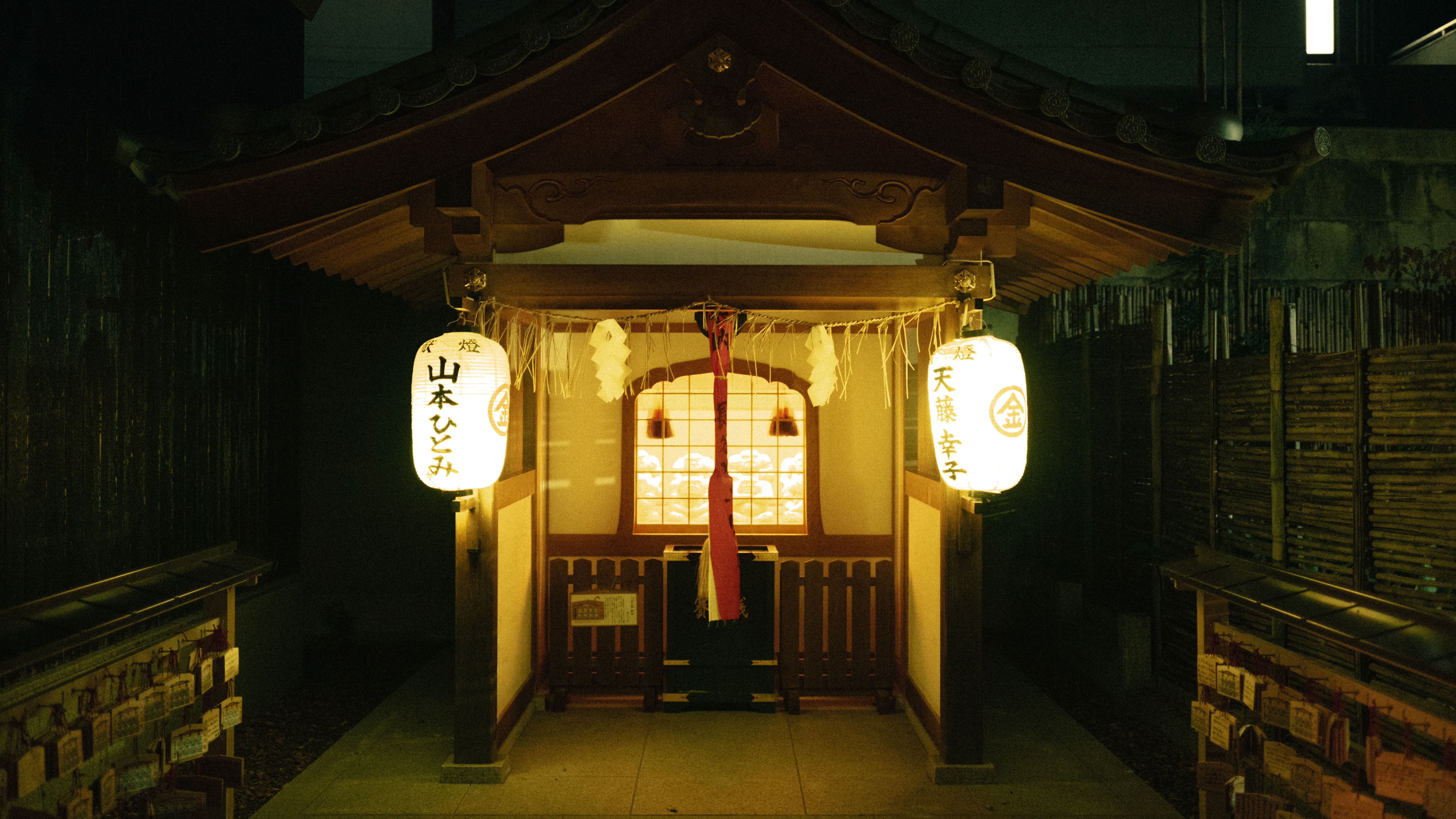

Should I buy the Nikon Z 40mm f/2?
Buy it if...
You want a cheap first prime
The 40mm is Nikon's cheapest Z-mount lens and an affordable entry-point into the system as a whole. If you're currently rocking the kit zoom and want a lightweight lens with a wider aperture this is a great place to start.
You're looking for a versatile prime
It's not a classic nifty fifty per se but the 40mm focal length hits the sweet spot for every day use. It's just about wide enough for most street and landscape situations and close enough for waist-up portraits.
You want something weather sealed on a budget
While the 40mm only offers dust and splash resistance, it's one of the rare 'cheap primes' with some sort of weather sealing in this particular budget range.
Don't buy it if...
You need corner to corner sharpness
Even at its sharpness sweet-spot of f/8 the Nikon Z 40mm has some softness in the corners. Is it a deal breaker? No, but noticeable coma means astro-photographers may want to opt for an alternative prime.
You're shooting really up close
The 40mm f/2 features a relatively close minimum focusing distance but noticeable softness when shooting subjects too near means it's not the sharpest for macro-like situations.
How I tested the Nikon Z 40mm f/2
- Regular use for over a year and counting
- Used in fair and inclement weather
- Day and nighttime use
I've had the Nikon Z 40mm f/2 in my kit for over a year now; in which time I've used it extensively for general purpose photography both home and abroad. Subsequently, I've been able to thoroughly test the lens in a variety of situations to determine its strengths and weaknesses.
Since Nikon openly advertises this lens as weather-sealed, I've made sure to test this lens in adverse conditions, particularly in rainy environments. I've also extensively tested this lens at night, making use of its wide aperture of f/2.

Alex is TechRadar's retail editor, specializing in buying advice and general tips on how to save our readers as much cash as possible. He's covered major retail events in some capacity for over seven years now; both in editorial and other ecommerce adjacent roles on TechRadar, T3, GamesRadar, and other Future PLC sites. Alex's expertise touches on most areas, but he has a particular love for phones, laptops, and cameras, being an avid photographer.
